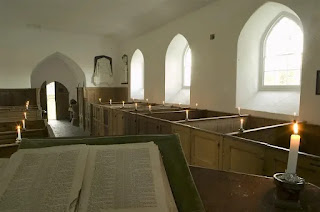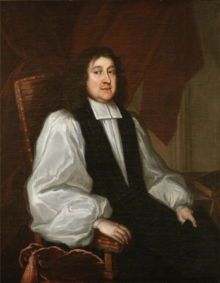'This solemn form of blessing, in the name of the Father, Son, and Holy Ghost': Daniel Waterland, The Grace, and 'Trinitarian minimalism'

Daniel Waterland was the champion of Trinitarian orthodoxy in the early- and mid-18th century Church of England, challenging those divines promoting non- and anti-Trinitarian theologies. Despite what we might assume, his weighty theological works in defence of Trinitarian doctrine do provide evidence of what I have inelegantly termed 'Trinitarian minimalism'. For example, in his The Importance of the Doctrine of the Trinity Asserted (1734) he stated that " the right faith in the Trinity is short, and plain "; he praised "common Christians" on the matter of the Trinity, contrasting them with " the bolder and more inquisitive, because they are content to rest in generals "; and declared that belief in the Holy Trinity is one of those " Scripture Verities, prime Verities " which, for Christians, "is under Precept, is express Duty". In other words, the Trinitarian confession is not a matter of scholastic speculation but of Scriptur...












